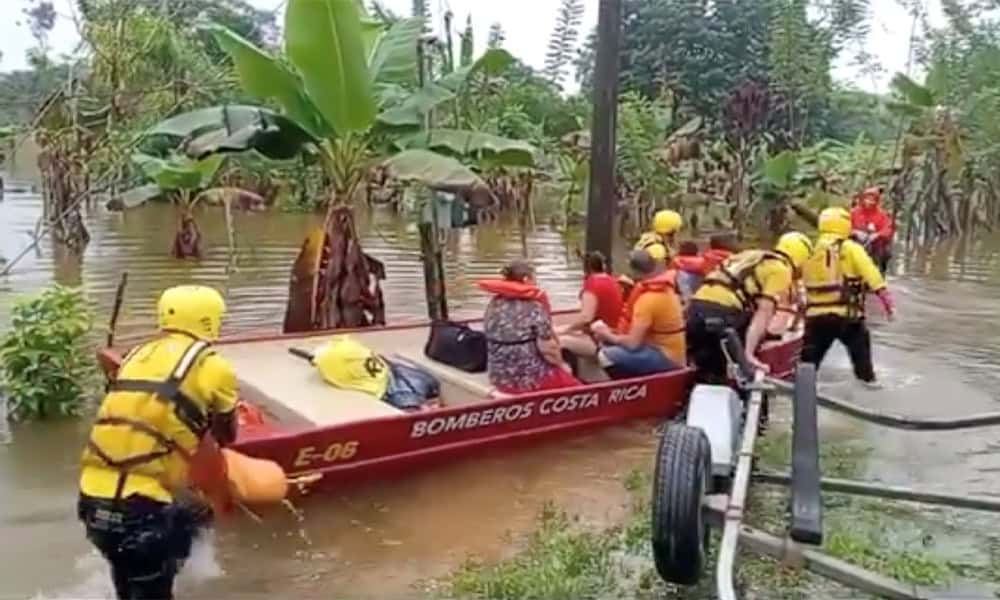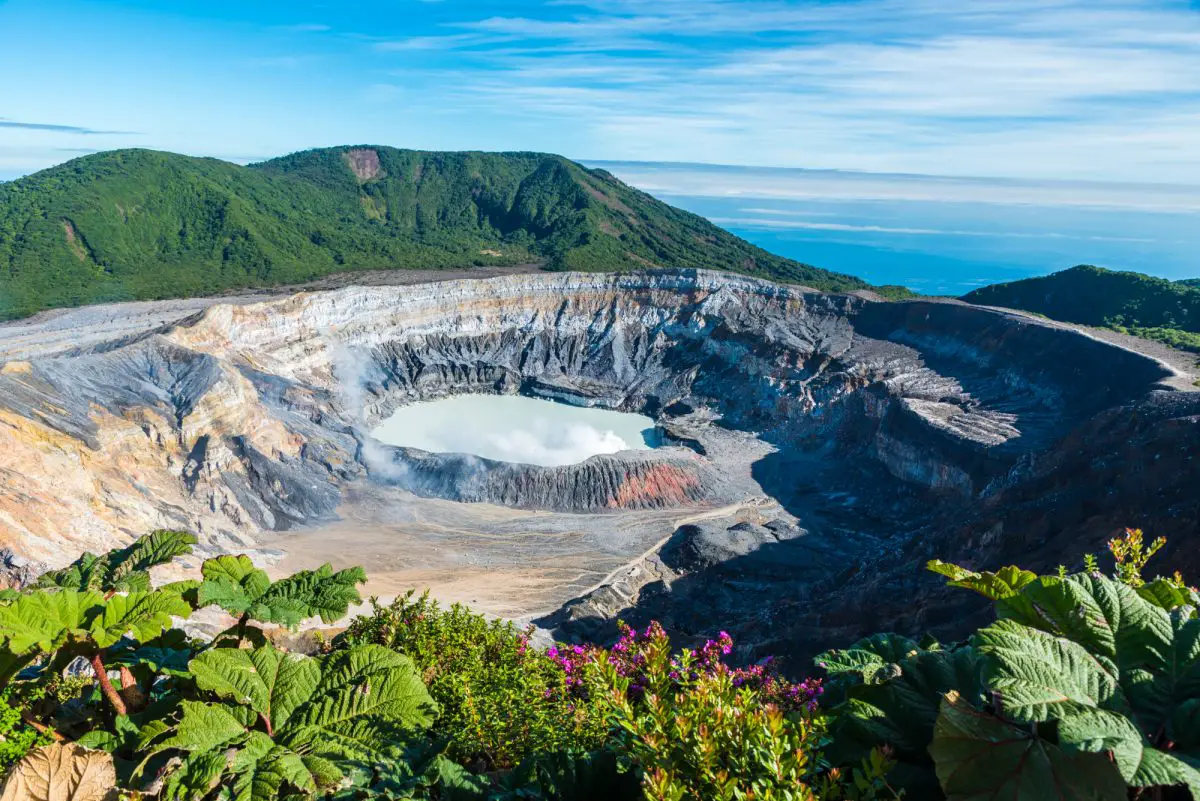In Costa Rica, hunting crocodiles is not only a controversial action but also a crime that can lead to serious legal consequences. According to Law No. 7,317 on Wildlife Conservation, those who violate this regulation face prison sentences of one to three years. This regulation protects crocodiles, considered part of a vulnerable population, and prohibits their hunting without the proper authorization from the National System of Conservation Areas.
The law and its implications
Article 93 of this law establishes that anyone who hunts wildlife or destroys their nests without the corresponding permit faces significant penalties. This includes the confiscation of the equipment used and the hunted animals. This legislation is key to ensuring the protection of endangered species and contributing to the conservation of the ecosystem.
Experts warn about the current situation
Walter Brenes, a lawyer specializing in wildlife, points out that the promotion of crocodile hunting is unnecessary and reflects a lack of understanding of the real situation of these reptiles in the country. “Crocodiles belong to the state, and it is their responsibility to manage the interactions between them and humans,” says Brenes. In their opinion, the perception of crocodile overpopulation is mistaken, and the presence of these reptiles in areas like the Tempisque River has not caused significant incidents.
Mauricio Méndez, technical director of the Tempisque Conservation Area, supports this statement by mentioning that the number of fatal crocodile attacks has decreased over the years. On average, fewer than one person dies per year from these attacks, which suggests that the crocodile population is under control and that incidents are exceptional.
Beware of misinformation
Despite this encouraging data, some social media pages are promoting crocodile hunting as a solution to their frequent sightings. Brenes explains that Costa Rica does not have a hunting culture, and the idea of going out to hunt crocodiles is misinformed and could have serious consequences. “There are no established permits for hunting crocodiles, and current legislation prohibits the commercialization of reptiles,” he adds. This means that any attempt at hunting is not only illegal but also unfeasible from both a commercial and scientific standpoint.
A call for conservation
Law No. 7,317 not only regulates hunting but also seeks to establish a harmonious relationship between humans and the wildlife of the country. Protecting crocodiles is essential for maintaining the biodiversity that characterizes Costa Rica, which is home to approximately 6% of the world’s biodiversity.
In conclusion, it is essential for the population to understand the importance of respecting conservation laws and acting responsibly. Education about wildlife and its care is key to avoiding conflicts and promoting peaceful coexistence between humans and reptiles.
– Advertisement –
Source link
Wilmer Useche



